STUDY | EXPLORE | ADVOCATE
challenge your understanding and impact the world
The ST research project is a comparative study of the changes taking place in Holocaust memory in Germany, Hungary, Poland, Spain, and the UK. Each of these countries bears a distinct Holocaust legacy and all five of them face contemporary political, economic, and immigration-related challenges. The intersection of past and present is expressed in a surge in nationalism, revisions to WWII narratives including Holocaust distortion and rises in antisemitism and delegitimization of Israel (beyond the scope of legitimate political differences). These phenomena seem to be related, but the exact relations between them have not yet been methodically examined and require an empirical study. To achieve this goal, we established an Israeli-led team of international experts from five countries. Jointly, we are collecting and comparing datasets from three cultural sites:
The 3X5 analysis between and within the countries and sites of memory will allow us to reach data-driven conclusions about the relation between changes in Europe and contemporary Holocaust memory, antisemitism and attitudes towards Israel. This, in turn, will allow us to make appropriate recommendations to Israeli and European policy-makers and educational leadership, to minimize and even to reversethe harm being rendered to Holocaust memory, to Jews worldwide and to the standing of the State of Israel in Europe.
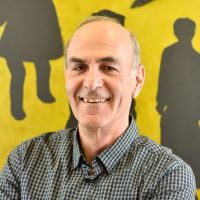 Professor Arieh J. Kochavi is a Full Professor of Modern History at the University of Haifa, Israel. He is the Head of the Weiss-Livnat International Center for Holocaust Research and Education as well as the Weiss-Livnat International MA Program in Holocaust Studies. Prof. Kochavi is also the Chair of the Editorial Board for The Journal of Holocaust Research and Head of the Dr. Reuven Hecht Chair in History. Prof. Kochavi has published over fifty scholarly articles and five books; Displaced Persons and International Politics (1992), (Hebrew), Prelude to Nuremberg: Allied War Crimes Policy and the Question of Punishment (1998), Post-Holocaust Politics: Britain, the United States, and Jewish Refugees, 1945-1948 (2001) - winner of the Yad Vashem's Buchman Prize, Confronting Captivity: Britain, the United States, and their POWs in Nazi Germany (2005), and The Road to Nuremberg Trials (2006) (Hebrew).
Professor Arieh J. Kochavi is a Full Professor of Modern History at the University of Haifa, Israel. He is the Head of the Weiss-Livnat International Center for Holocaust Research and Education as well as the Weiss-Livnat International MA Program in Holocaust Studies. Prof. Kochavi is also the Chair of the Editorial Board for The Journal of Holocaust Research and Head of the Dr. Reuven Hecht Chair in History. Prof. Kochavi has published over fifty scholarly articles and five books; Displaced Persons and International Politics (1992), (Hebrew), Prelude to Nuremberg: Allied War Crimes Policy and the Question of Punishment (1998), Post-Holocaust Politics: Britain, the United States, and Jewish Refugees, 1945-1948 (2001) - winner of the Yad Vashem's Buchman Prize, Confronting Captivity: Britain, the United States, and their POWs in Nazi Germany (2005), and The Road to Nuremberg Trials (2006) (Hebrew).
 Dr. Nurit Novis-Deutsch is a lecturer in the Department of Learning, Teaching, and Instruction within the Faculty of Education at the University of Haifa, Israel. She received her PhD from the Hebrew University in Jerusalem’s Psychology Department and completed her Post-Doctoral training at UC Berkeley, California. Dr. Novis-Deutsch's psychological research concerns the ways in which people create meaning and make sense of their identity within multiple social contexts, and the modes through which they manage these often-contradictory frames of meaning. She is particularly interested in the impact of individuals’ meaning management and identity-work on their attitudes towards others. In studying these questions, Dr. Novis-Deutsch focuses on values, morality, religion, culture, and identity, as significant points of convergence between the collective and the personal, exploring intrapsychic and inter-group conflicts between them.
Dr. Nurit Novis-Deutsch is a lecturer in the Department of Learning, Teaching, and Instruction within the Faculty of Education at the University of Haifa, Israel. She received her PhD from the Hebrew University in Jerusalem’s Psychology Department and completed her Post-Doctoral training at UC Berkeley, California. Dr. Novis-Deutsch's psychological research concerns the ways in which people create meaning and make sense of their identity within multiple social contexts, and the modes through which they manage these often-contradictory frames of meaning. She is particularly interested in the impact of individuals’ meaning management and identity-work on their attitudes towards others. In studying these questions, Dr. Novis-Deutsch focuses on values, morality, religion, culture, and identity, as significant points of convergence between the collective and the personal, exploring intrapsychic and inter-group conflicts between them.
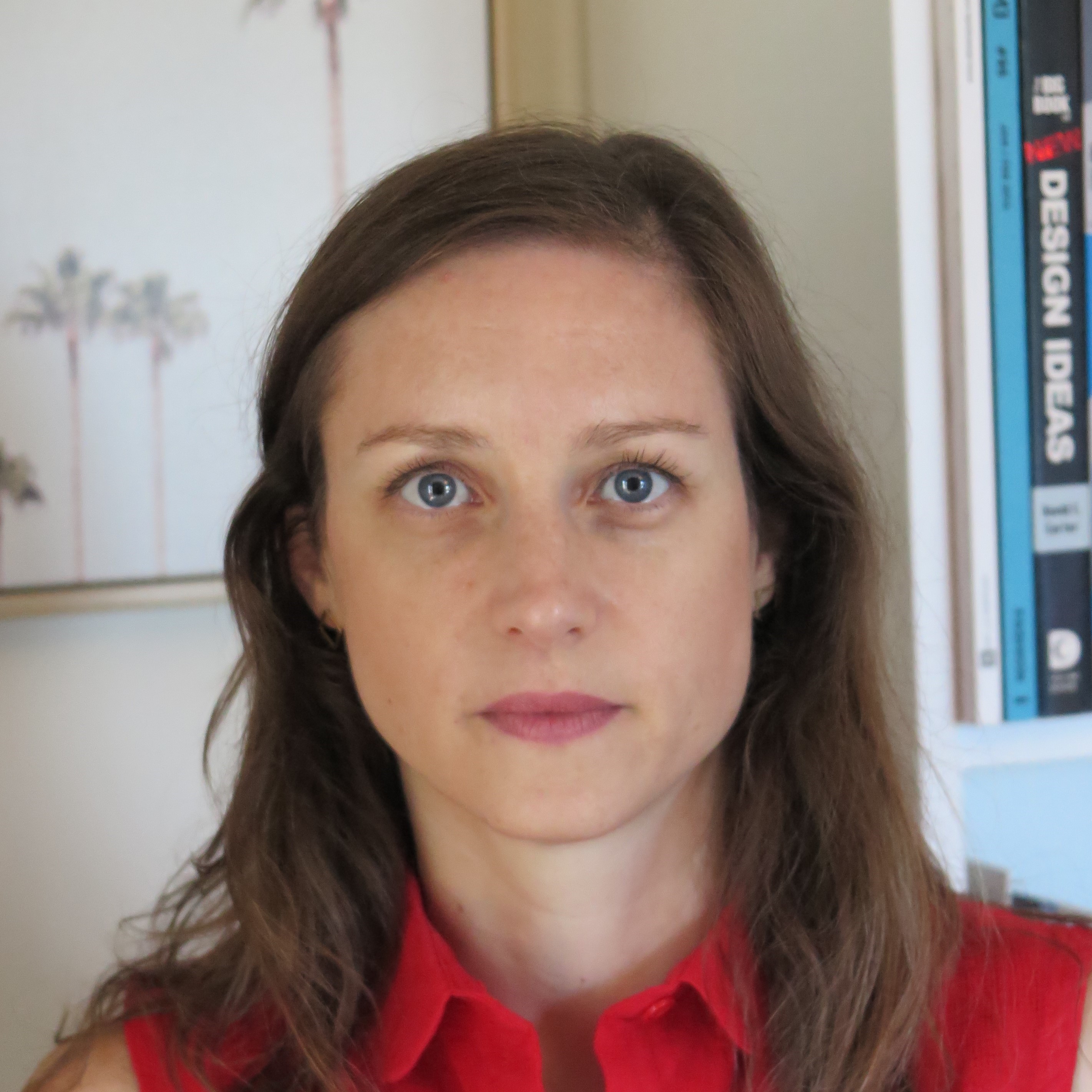 Dr. Tracy Adams is a researcher at the University of Haifa, Israel. She received her Ph.D. from the Hebrew University of Jerusalem’s Sociology and Anthropology Department. Her research interests include the intersection of memory, conflict, and politics, and how meaning is constructed and mobilized through interactive processes of negotiation. She is particularly interested in how collective memory is used and manipulated in political rhetoric as a site of memory. She has been published in Memory Studies, Review of International Studies, and The Sociological Quarterly.
Dr. Tracy Adams is a researcher at the University of Haifa, Israel. She received her Ph.D. from the Hebrew University of Jerusalem’s Sociology and Anthropology Department. Her research interests include the intersection of memory, conflict, and politics, and how meaning is constructed and mobilized through interactive processes of negotiation. She is particularly interested in how collective memory is used and manipulated in political rhetoric as a site of memory. She has been published in Memory Studies, Review of International Studies, and The Sociological Quarterly.
 Prof. Jolanta Ambrosewicz-Jacobs is a professor at the Jagiellonian University in Krakow, Poland. Between 2008 and 2016 she was the Director of the Center for Holocaust Studies at the JU. She was a Fellow of the Kosciuszko Foundation (2018/2019) at the Graduate Theological Union in Berkeley, CA, 2011/2012 Ina Levine Invitational Scholar at the United States Holocaust Memorial Museum, and earlier a Pew Fellow at the Center for the Study of Human Rights at Columbia University, a visiting fellow at the Oxford University, the Cambridge University, a DAAD fellow at the Memorial and Educational Site House of the Wannsee Conference.
Prof. Jolanta Ambrosewicz-Jacobs is a professor at the Jagiellonian University in Krakow, Poland. Between 2008 and 2016 she was the Director of the Center for Holocaust Studies at the JU. She was a Fellow of the Kosciuszko Foundation (2018/2019) at the Graduate Theological Union in Berkeley, CA, 2011/2012 Ina Levine Invitational Scholar at the United States Holocaust Memorial Museum, and earlier a Pew Fellow at the Center for the Study of Human Rights at Columbia University, a visiting fellow at the Oxford University, the Cambridge University, a DAAD fellow at the Memorial and Educational Site House of the Wannsee Conference.
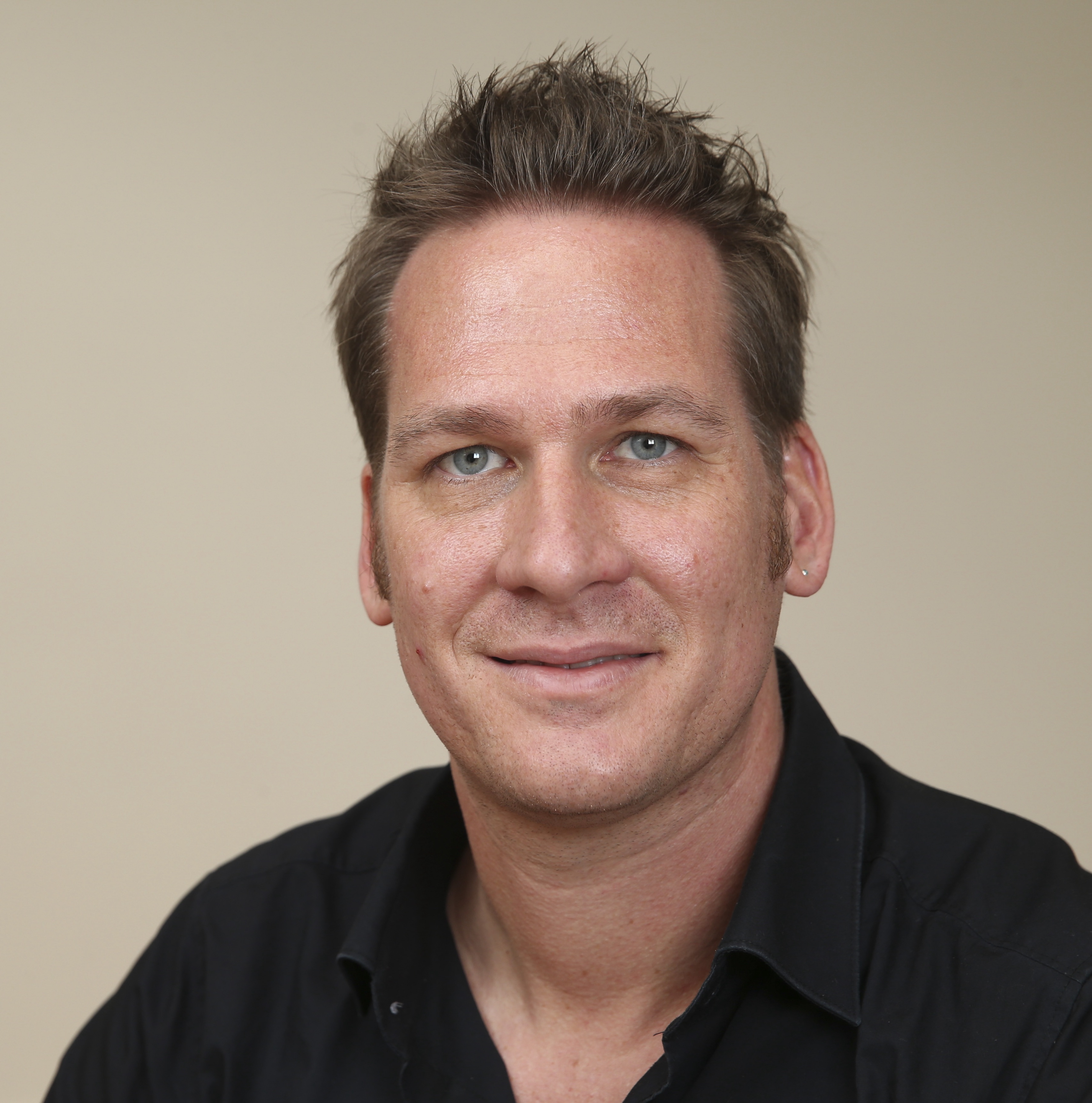 Dr. Tobias Ebbrecht-Hartmann is a Lecturer for Visual Culture, Film, and German Studies at the Department of Communication and Journalism and in the European Forum of the Hebrew University of Jerusalem. He holds his Ph.D. from the Free University of Berlin and was a Post-doctoral Fellow at the Interdisciplinary PhD-Program “Media of History – History of Media” at the Bauhaus University in Weimar, and a Research Fellow at the International Institute for Holocaust Research Yad Vashem. He has published three books (on cinematic narration of the Holocaust, the German filmmaker Romuald Karmakar and German-Israeli film history), co-edited four volumes (on European docudrama, contemporary German Cinema, the visual memory of the GDR in documentary film, and on emotions in cinema) and published several articles on cinematic, digital and social media memory of the Holocaust, the use and appropriation of archive footage, and the history of postwar German cinema in international journals such as Media, Culture & Society, New Media & Society, Memory Studies, Historical Journal of Film, Radio and Television, and the Leo Baeck Institute Yearbook. He is a consortium member in the EU-funded Horizon 2020 research and innovation action "Visual History of the Holocaust: Rethinking Curation in the Digital Age".
Dr. Tobias Ebbrecht-Hartmann is a Lecturer for Visual Culture, Film, and German Studies at the Department of Communication and Journalism and in the European Forum of the Hebrew University of Jerusalem. He holds his Ph.D. from the Free University of Berlin and was a Post-doctoral Fellow at the Interdisciplinary PhD-Program “Media of History – History of Media” at the Bauhaus University in Weimar, and a Research Fellow at the International Institute for Holocaust Research Yad Vashem. He has published three books (on cinematic narration of the Holocaust, the German filmmaker Romuald Karmakar and German-Israeli film history), co-edited four volumes (on European docudrama, contemporary German Cinema, the visual memory of the GDR in documentary film, and on emotions in cinema) and published several articles on cinematic, digital and social media memory of the Holocaust, the use and appropriation of archive footage, and the history of postwar German cinema in international journals such as Media, Culture & Society, New Media & Society, Memory Studies, Historical Journal of Film, Radio and Television, and the Leo Baeck Institute Yearbook. He is a consortium member in the EU-funded Horizon 2020 research and innovation action "Visual History of the Holocaust: Rethinking Curation in the Digital Age".
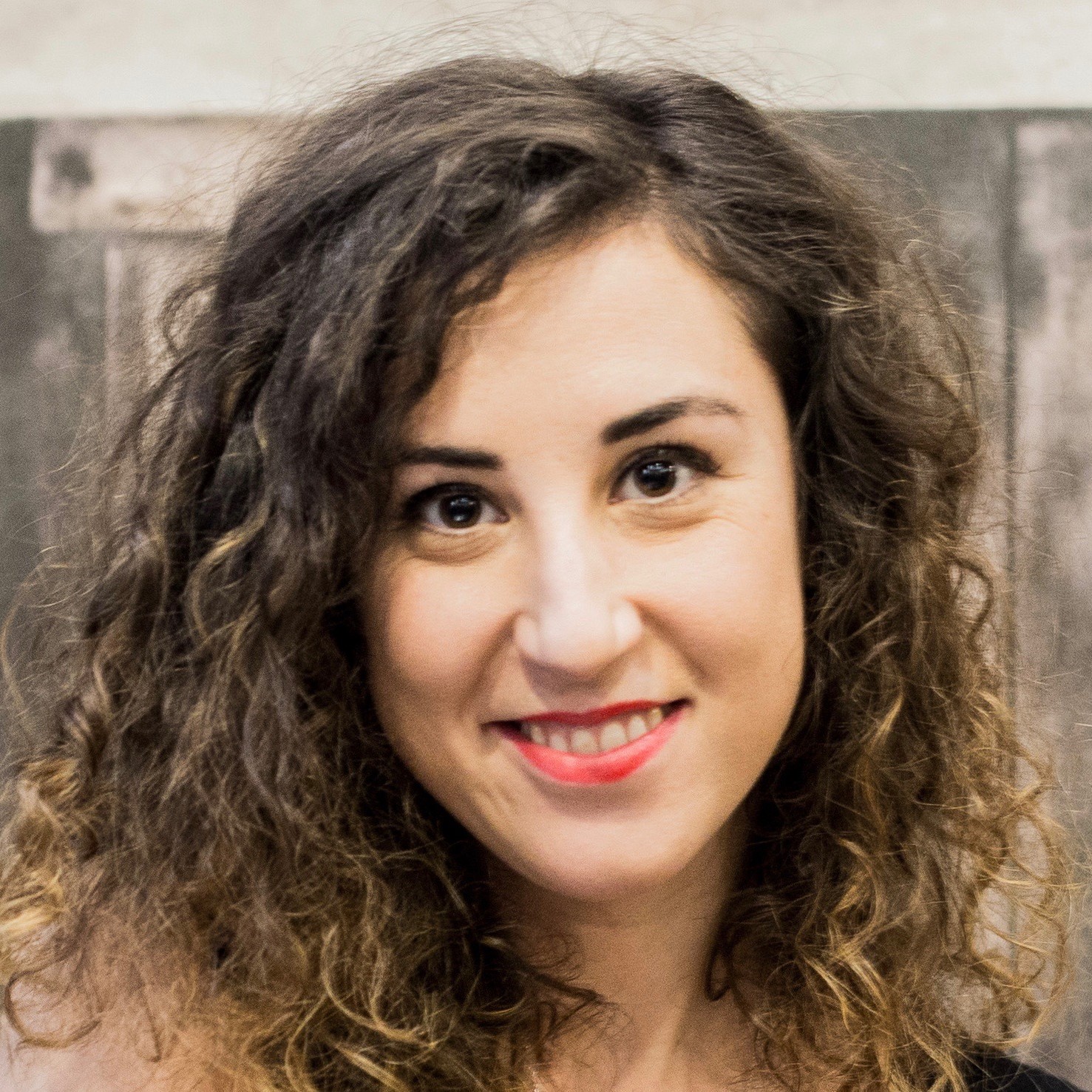 Dr. Anikó Félix is the executive director of the Goldziher Ignac Institute for Jewish History and Culture. She received her Ph.D. in Sociology from Eötvös Lóránd Science University, Budapest, Hungary. Her main fields of expertise are the contemporary far-right movements and parties and their gender aspect, right-wing populism, and antisemitism. She presented the results of her research at international conferences and in the media, published articles in Hungarian and in English in academic journals, contributed to books (i.e. : Gender and Far Right politics in Europe published by Palgrave), and co-edit a book titled Modern Antisemitism in the Visegrád Countries. She worked for political think tanks as a political analyst and was involved in education projects of NGO-s. She co-led a research project on modern antisemitism in the Visegrád countries and led educational programs against antisemitism and any kind of prejudice. In 2019, she was a visiting scholar at Indiana University, Indiana, US.
Dr. Anikó Félix is the executive director of the Goldziher Ignac Institute for Jewish History and Culture. She received her Ph.D. in Sociology from Eötvös Lóránd Science University, Budapest, Hungary. Her main fields of expertise are the contemporary far-right movements and parties and their gender aspect, right-wing populism, and antisemitism. She presented the results of her research at international conferences and in the media, published articles in Hungarian and in English in academic journals, contributed to books (i.e. : Gender and Far Right politics in Europe published by Palgrave), and co-edit a book titled Modern Antisemitism in the Visegrád Countries. She worked for political think tanks as a political analyst and was involved in education projects of NGO-s. She co-led a research project on modern antisemitism in the Visegrád countries and led educational programs against antisemitism and any kind of prejudice. In 2019, she was a visiting scholar at Indiana University, Indiana, US.
 Prof. Piotr Forecki, is a professor at the Faculty of Political Science and Journalism, Adam Mickiewicz University in Poznan, Poland. Academic Interests: Polish collective memory of the Holocaust; Holocaust denial in Poland and Europe; Anti-Semitism and anti-Jewish violence in pre-war Poland and after WWII; Problem of Polish complicity in the Holocaust; Contemporary Anti-Semitic rhetoric in Poland and Central-Eastern Europe. Most significant publications: Od Shoah do Strachu. Spory o polsko-żydowską przeszłość i pamięć w debatach publicznych [From Shoah to Fear: Disputes over the Polish-Jewish Past and Memory in Public Debates], Wydawnictwo Poznańskie, Poznań 2010; Reconstructing Memory. The Holocaust in Polish Public Debates, Frankfurt am Main: Peter Lang GmbH 2013; Po Jedwabnem. Anatomia pamięci funkcjonalnej [After Jedwabne: An Anatomy of Functional Memory], 2018, Wydawnictwo Instytutu Badań Literackich Polskiej Akademii Nauk, Warszawa 2018
Prof. Piotr Forecki, is a professor at the Faculty of Political Science and Journalism, Adam Mickiewicz University in Poznan, Poland. Academic Interests: Polish collective memory of the Holocaust; Holocaust denial in Poland and Europe; Anti-Semitism and anti-Jewish violence in pre-war Poland and after WWII; Problem of Polish complicity in the Holocaust; Contemporary Anti-Semitic rhetoric in Poland and Central-Eastern Europe. Most significant publications: Od Shoah do Strachu. Spory o polsko-żydowską przeszłość i pamięć w debatach publicznych [From Shoah to Fear: Disputes over the Polish-Jewish Past and Memory in Public Debates], Wydawnictwo Poznańskie, Poznań 2010; Reconstructing Memory. The Holocaust in Polish Public Debates, Frankfurt am Main: Peter Lang GmbH 2013; Po Jedwabnem. Anatomia pamięci funkcjonalnej [After Jedwabne: An Anatomy of Functional Memory], 2018, Wydawnictwo Instytutu Badań Literackich Polskiej Akademii Nauk, Warszawa 2018
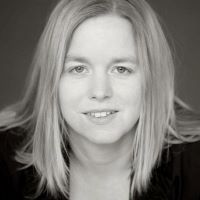 Dr. Claudia Globisch is a researcher at the Institute for Employment Research in Nuremberg, Germany. Until June 2019 she was Assistant Professor at the Department of Sociology at the University of Innsbruck, Austria coordinating the field "Applied Methods of Social Research." She received her doctorate at the University of Erlangen 2009 with a thesis on antisemitism from the left and far-right in Germany and worked as a post-doctoral research assistant at the University of Leipzig. Her habilitation is a study on activating social policy and poverty. At present she´s working on projects on 1) social inclusion, longterm unemployment and the social consequences of the corona crisis 2) on 21st-century populism and 3) on antisemitism and methods in the WorldWideWeb.
Dr. Claudia Globisch is a researcher at the Institute for Employment Research in Nuremberg, Germany. Until June 2019 she was Assistant Professor at the Department of Sociology at the University of Innsbruck, Austria coordinating the field "Applied Methods of Social Research." She received her doctorate at the University of Erlangen 2009 with a thesis on antisemitism from the left and far-right in Germany and worked as a post-doctoral research assistant at the University of Leipzig. Her habilitation is a study on activating social policy and poverty. At present she´s working on projects on 1) social inclusion, longterm unemployment and the social consequences of the corona crisis 2) on 21st-century populism and 3) on antisemitism and methods in the WorldWideWeb.
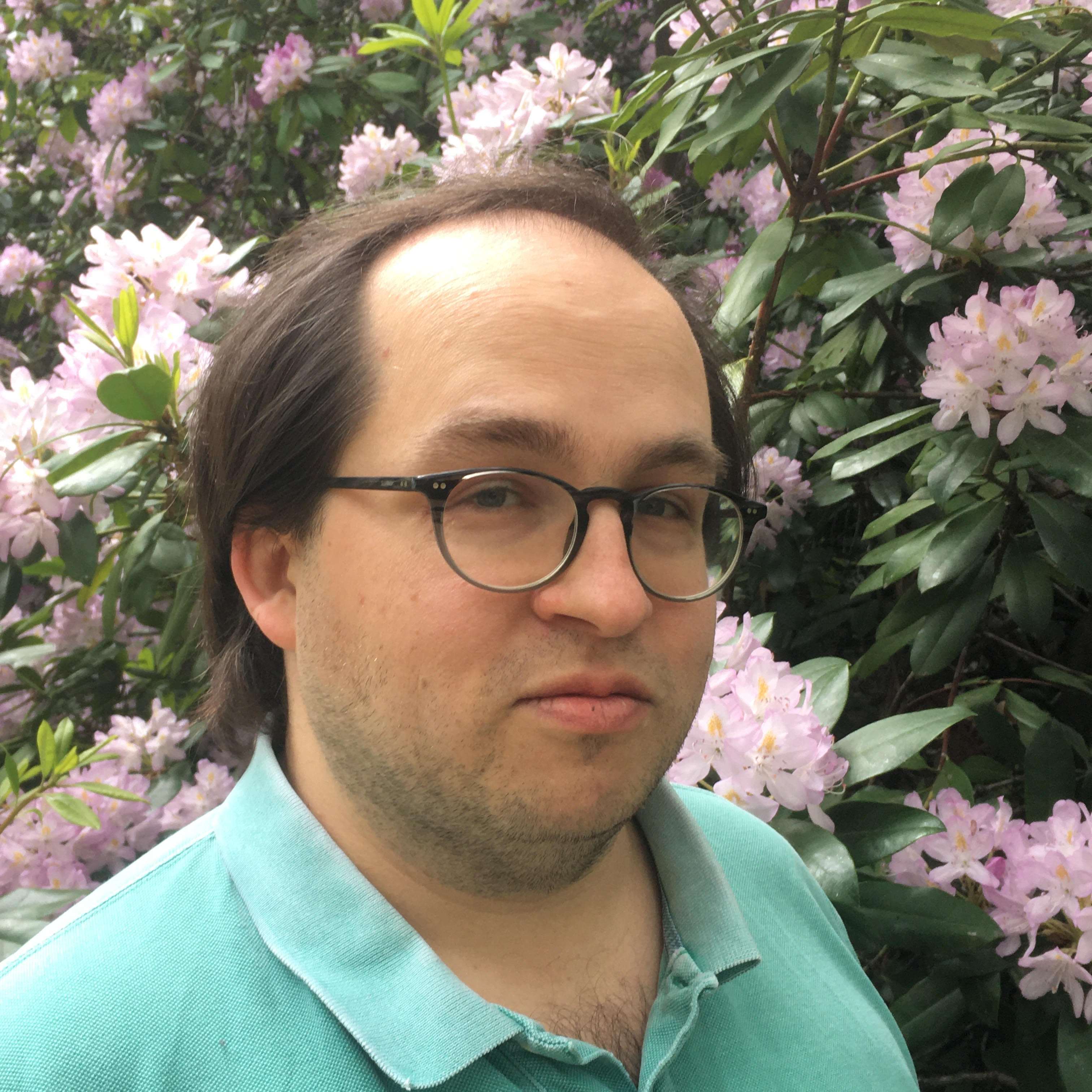 Maximilian Hauer studied Philosophy and Sociology in Leipzig and Vienna and holds an M.A. from Leipzig University, Germany where he is currently a Ph.D. candidate. In his dissertation, he works on the concept of alienation in German Idealism. His sociological research interests include political ideologies of inequality, nationalism and gender relations. Recent publications: „In the Name of the Future. Prophecy as Critique in F.W.J. Schelling and Paul Tillich.“ In: kabiri. The Official Journal of the North American Schelling Society. Vol. 2 (forthcoming); Die Kriegsmetapher in der Coronakrise. In: Dieter F. Bertz (ed.): Die Welt nach Corona. Berlin 2020 (forthcoming).
Maximilian Hauer studied Philosophy and Sociology in Leipzig and Vienna and holds an M.A. from Leipzig University, Germany where he is currently a Ph.D. candidate. In his dissertation, he works on the concept of alienation in German Idealism. His sociological research interests include political ideologies of inequality, nationalism and gender relations. Recent publications: „In the Name of the Future. Prophecy as Critique in F.W.J. Schelling and Paul Tillich.“ In: kabiri. The Official Journal of the North American Schelling Society. Vol. 2 (forthcoming); Die Kriegsmetapher in der Coronakrise. In: Dieter F. Bertz (ed.): Die Welt nach Corona. Berlin 2020 (forthcoming).
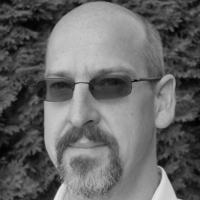 Prof. Wulf Kansteiner is Professor of Memory Studies and Historical Theory at Aarhus University in Denmark. He studied at UCLA and was for 15 years a faculty member of the history department of Binghamton University (SUNY). Kansteiner’s empirical work addresses the role of visual media (film, TV, gaming) in the formation of social memory. His theoretical texts engage with key concepts in the field of memory studies (trauma, generation, postmemory, migration & memory). Together with Christina Morina, Kansteiner is currently developing an outline of a handbook on “History & Memory.” Morina and Kansteiner hope that the handbook will reignite discussions between historians and memory studies experts about their complementary and competitive strategies of making sense of the past. Kansteiner is co-founder and co-editor of the Sage-journal Memory Studies, has supported the founding of the Memory Studies Association, and is co-organizer (with Hans Lauge Hansen and Jessica Ortner) of the 2021 Mnemonics Summer School. Kansteiner is also active in the field of historical theory. In this context, he belongs to a cohort of post-narrativist theorists eager to reconcile the insights of the linguistic turn with historians’ self-perception of their work and recent advances in narratology, linguistics, and argumentation theory.
Prof. Wulf Kansteiner is Professor of Memory Studies and Historical Theory at Aarhus University in Denmark. He studied at UCLA and was for 15 years a faculty member of the history department of Binghamton University (SUNY). Kansteiner’s empirical work addresses the role of visual media (film, TV, gaming) in the formation of social memory. His theoretical texts engage with key concepts in the field of memory studies (trauma, generation, postmemory, migration & memory). Together with Christina Morina, Kansteiner is currently developing an outline of a handbook on “History & Memory.” Morina and Kansteiner hope that the handbook will reignite discussions between historians and memory studies experts about their complementary and competitive strategies of making sense of the past. Kansteiner is co-founder and co-editor of the Sage-journal Memory Studies, has supported the founding of the Memory Studies Association, and is co-organizer (with Hans Lauge Hansen and Jessica Ortner) of the 2021 Mnemonics Summer School. Kansteiner is also active in the field of historical theory. In this context, he belongs to a cohort of post-narrativist theorists eager to reconcile the insights of the linguistic turn with historians’ self-perception of their work and recent advances in narratology, linguistics, and argumentation theory.
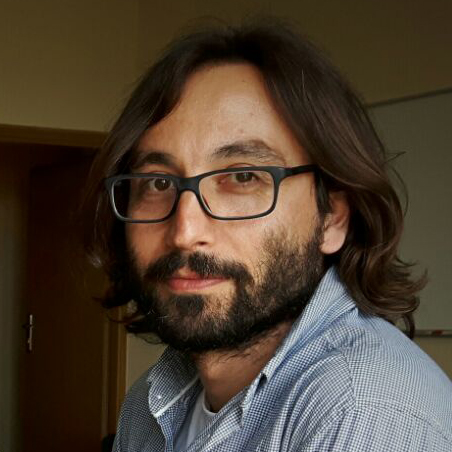 Adam Musial is an independent educator with 22 years of high-school teaching experience, as well as a translator. He holds two MAs, in English and in Cultural Studies, both from the Jagiellonian University of Krakow, Poland. He has completed post-graduate studies in Totalitarianism-Nazism-the Holocaust, run by the Pedagogical University of Krakow and the State Auschwitz-Birkenau Museum, as well as a number of teachers' training seminars on Holocaust Education and Jewish History and Culture in Poland, Jerusalem, New York, Paris, Berlin, Terezín and Kyiv. He has taught high school and university students, as well as teachers, and collaborated educationally with numerous Polish and foreign institutions, including the POLIN Museum of the History of Polish Jews, the Jagiellonian University, the Auschwitz-Birkenau Museum, Yad Vashem, and the Shoah Foundation. He has translated books on the Holocaust and Jewish history.
Adam Musial is an independent educator with 22 years of high-school teaching experience, as well as a translator. He holds two MAs, in English and in Cultural Studies, both from the Jagiellonian University of Krakow, Poland. He has completed post-graduate studies in Totalitarianism-Nazism-the Holocaust, run by the Pedagogical University of Krakow and the State Auschwitz-Birkenau Museum, as well as a number of teachers' training seminars on Holocaust Education and Jewish History and Culture in Poland, Jerusalem, New York, Paris, Berlin, Terezín and Kyiv. He has taught high school and university students, as well as teachers, and collaborated educationally with numerous Polish and foreign institutions, including the POLIN Museum of the History of Polish Jews, the Jagiellonian University, the Auschwitz-Birkenau Museum, Yad Vashem, and the Shoah Foundation. He has translated books on the Holocaust and Jewish history.
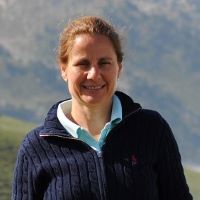
 Dr. Zsuzsanna Toronyi is an Archivist and Museum expert specialized in Judaica. Since 2015 she is the Director of the Jewish Museum and Archives in Hungary, where she has been working since 1994. She is an associate professor at the Cultural History department of the Rabbinical Seminary – University of Jewish Studies, Budapest, and lectures on Jewish material culture at the Jewish Studies Department of the ELTE University, Budapest as well.
Dr. Zsuzsanna Toronyi is an Archivist and Museum expert specialized in Judaica. Since 2015 she is the Director of the Jewish Museum and Archives in Hungary, where she has been working since 1994. She is an associate professor at the Cultural History department of the Rabbinical Seminary – University of Jewish Studies, Budapest, and lectures on Jewish material culture at the Jewish Studies Department of the ELTE University, Budapest as well.
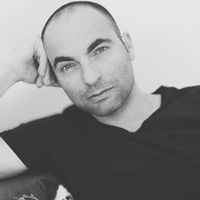 Dr. Shmuel Lederman received his Ph.D. from the University of Haifa, Israel in 2012. He specializes in political theory and genocide studies and has published articles in major journals in these fields. His first book, Hannah Arendt and Participatory Democracy: A People's Utopia, has recently been published by Palgrave Macmillan. He serves as a research fellow at the Weiss-Livnat International Center for Holocaust Research and Education, as well as at the Forum for Regional Thinking - a research institute dedicated to the study of the Middle East. He is also the assistant editor of the journal History and Memory, which focuses on the relationship between history and collective memory from various perspectives.
Dr. Shmuel Lederman received his Ph.D. from the University of Haifa, Israel in 2012. He specializes in political theory and genocide studies and has published articles in major journals in these fields. His first book, Hannah Arendt and Participatory Democracy: A People's Utopia, has recently been published by Palgrave Macmillan. He serves as a research fellow at the Weiss-Livnat International Center for Holocaust Research and Education, as well as at the Forum for Regional Thinking - a research institute dedicated to the study of the Middle East. He is also the assistant editor of the journal History and Memory, which focuses on the relationship between history and collective memory from various perspectives.
University of Haifa
Address: 199 Aba Khoushy Ave.
Mount Carmel, Haifa
Israel 3498838
Tel: 972 (0)4 8240111
aweiner@univ.haifa.ac.il